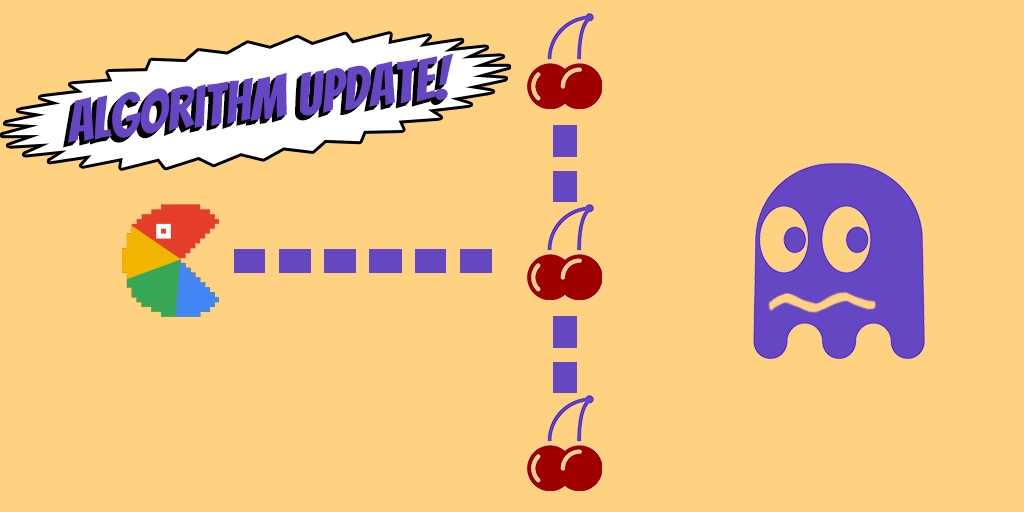Google’s mission to direct web users to high quality informative online content has been highlighted by a recent algorithm update which has seen a range of websites and e-commerce sites demoted in search page rankings, often seriously. This development has taken many businesses by surprise and there is confusion about how this algorithm works and how to work with it.
The algorithm goes under the acronym EAT which stands for:
- Expertise
- Authority
- Trustworthiness
So far so good, but how does Google judge online content for these qualities?

Building trust to raise rankings
In essence, belief in the trustworthiness of website content stems from its ability to demonstrate expertise and authority. But EAT also requires security, so for instance an ecommerce shopping checkout page with an insecure connection would be likely to receive a low EAT rating. Technical fixes are therefore very important.
Google uses the term YMYL (standing for “your money or your life”) for web pages that could affect the happiness, health, financial stability or safety of users and web pages that are identified with these issues come under particular scrutiny. A recent article in Search Engine Journal mentions two separate posts, the first relating to investment advice and the second providing information about influenza. Both found themselves downgraded because there was no evidence given that the authors respectively had any financial expertise or medical expertise.
In other words, while the information may be valid, the content will only be seen to have a higher value using EAT criteria if it is supported by evidence that the contributor is qualified to make the assertions they do. In terms of editorial content, it is important to include the credentials and possibly biographical details of quoted sources. A website newsroom needs to practice the principles of good journalism. This in turn will demonstrate good value to Google.
Chopping and changing
Establishing a positive online reputation is crucial to securing to Google’s perception of trustworthiness. Low value content, even on a site that has excellent information elsewhere, will tend to diminish the overall reputation of the content.
In view of the impact of the EAT algorithm, it can be useful to undertake an audit of website content, making changes or deletions where necessary, to ensure that every page has optimum value. This can be determined by its UX, content relevance and the traffic it attracts.
Working to the same goals
For most businesses, Google’s objectives for enhancing UX and providing high quality relevant information are very similar. For instance, the response to making website content accessible and attractive to mobile users has been positive and rapid. The aim was laudable and businesses appreciated it.
To be really effective, organic SEO involves much more than inserting key phrases into on page content and making technical fixes. It must also be grounded on an understanding of the motives behind Google’s regular updates (which can sometimes be rather opaque) and a capability to work with them to improve both search rankings and user experience.
Please contact us to discuss the challenges posed and opportunities presented by the Google EAT algorithm and for any advice about your web content and SEO objectives.